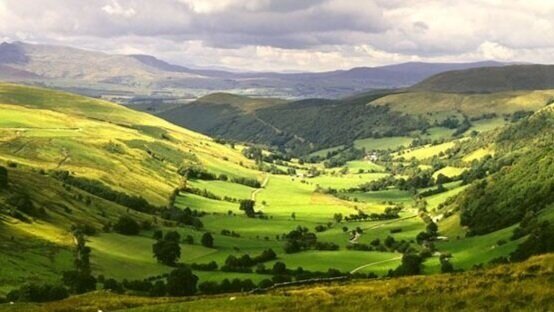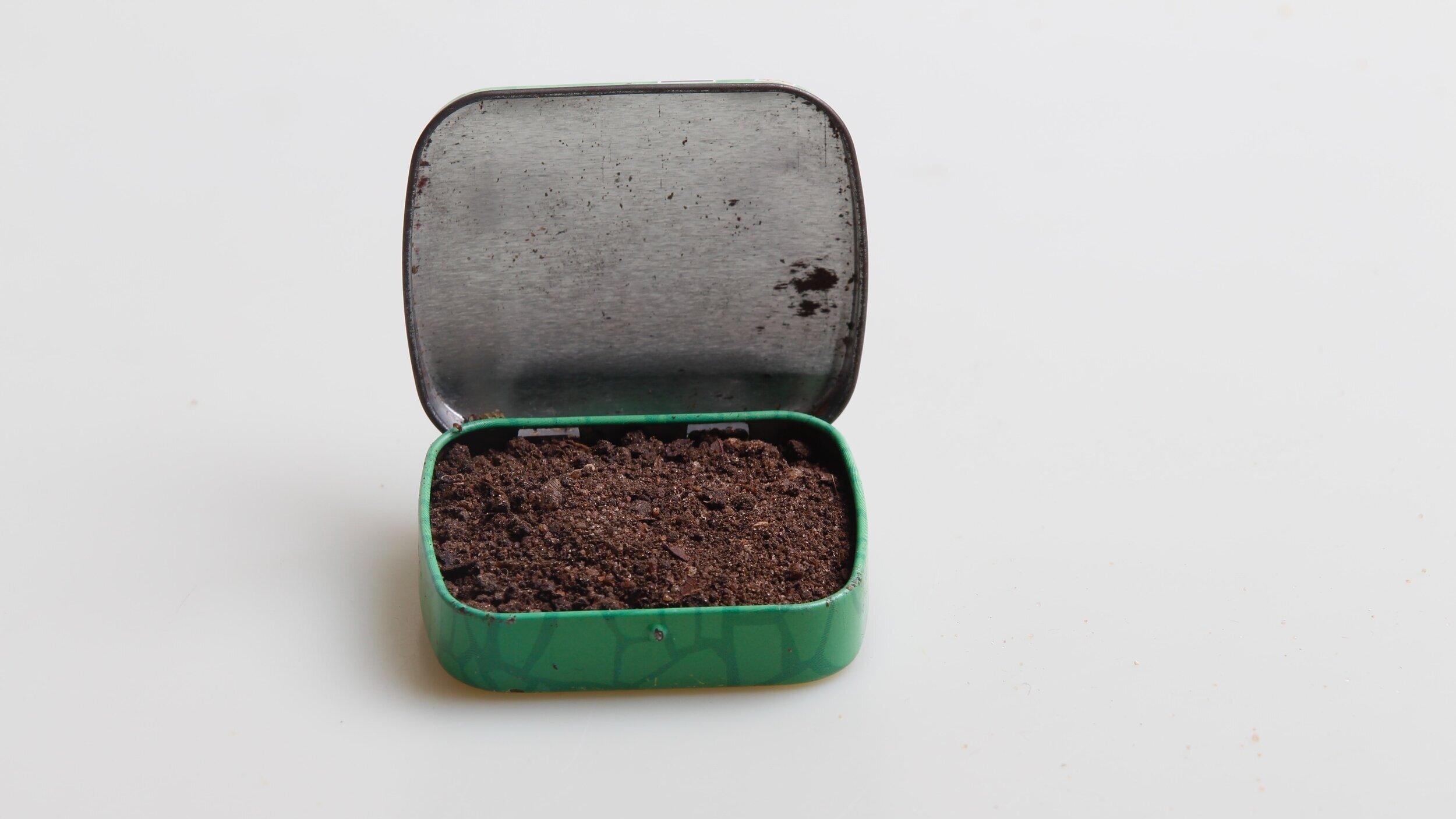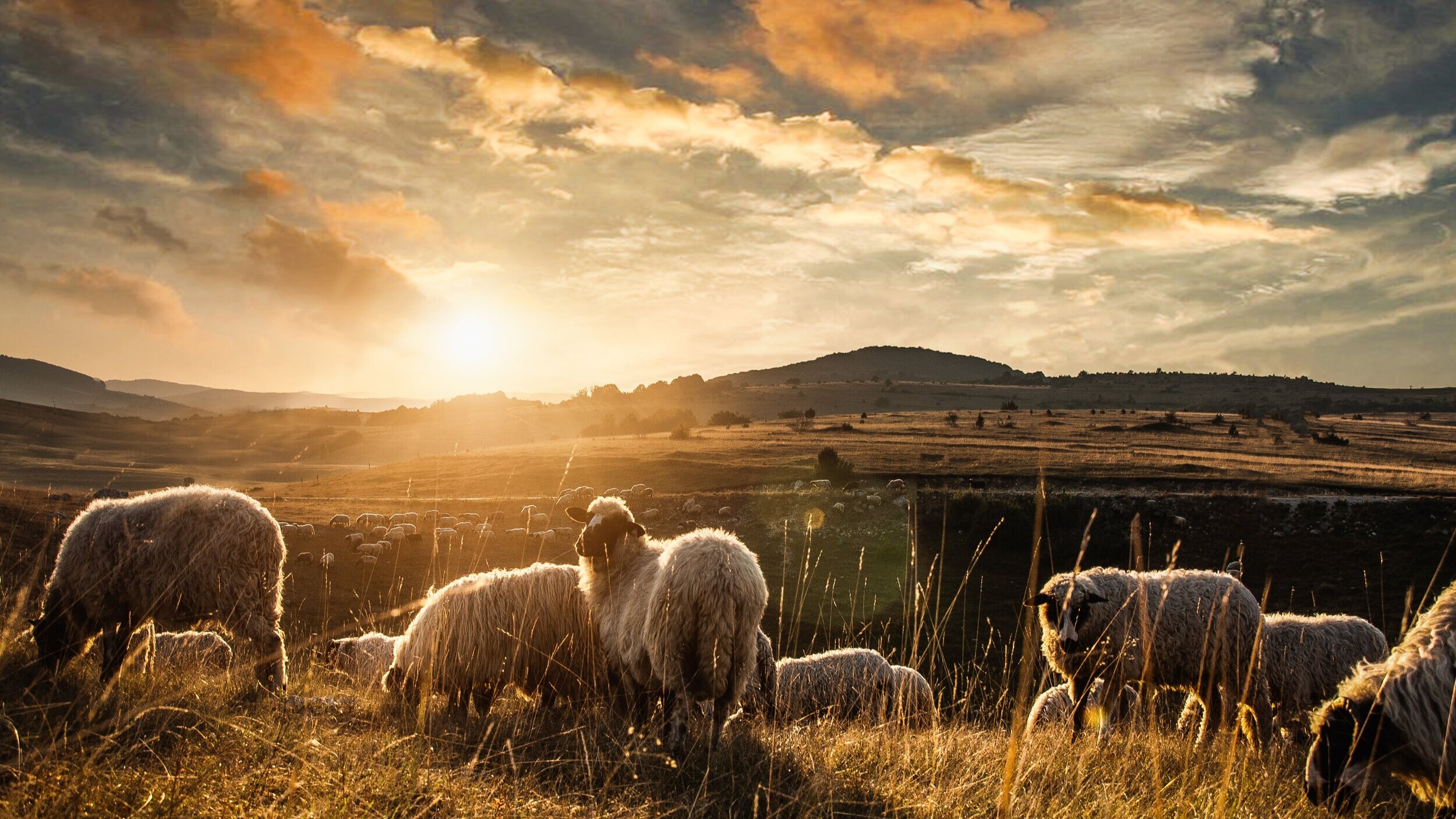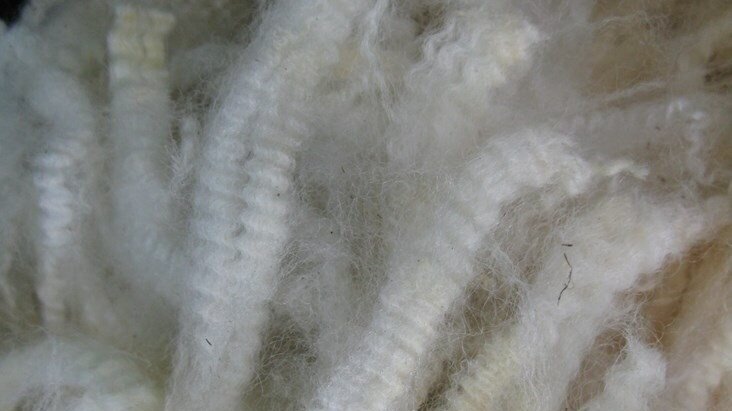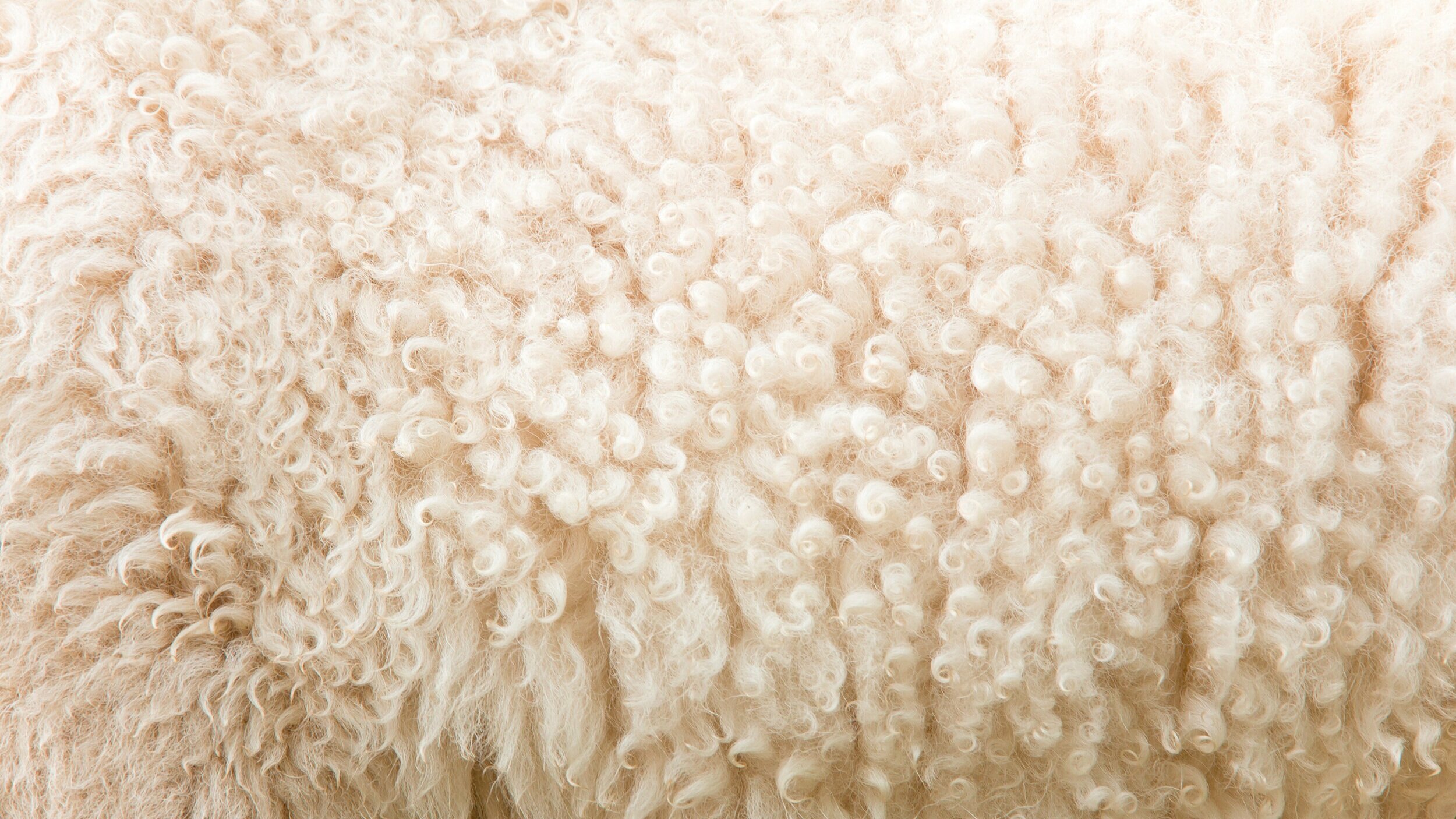Why Choose Wool?
Made in England.
All Lost Isle Project accessories are made in a small factory in the rolling hills of England where certified British yarn is knitted on state-of-the-art machinery and hand finished.
No Microplastics.
Wool is a protein-based fibre, made from keratin - the fibres can be broken down naturally in marine environments which means that wool doesn't contribute to microplastic pollution. Gentle on the planet and our oceans.
Biodegradable.
At the end of its life (which is a really long time), wool can be put into the soil, where it decomposes and releases delicious nutrients into the ground. It also takes a very short time to break down, more good news.
Natural.
No man made beasts here. It absorbs moisture vapour making it wonderfully breathable and antibacterial. Thanks to its natural super hero power (hygroscopic abilities) wool will react to changes in body temperature which makes it a great trans-seasonal fibre.
Renewable.
Natural fibre are capable of regrowing and replacing themselves. It’s super simple. As long as there is grass to munch on, every year sheep will produce a new fleece; Shearing is required for their own comfort and health; wool is a naturally occurring by-product. The UK sheep are raised naturally outdoors on pasture, with no intensive farming practices.
Carbon Smart.
Sheep are a natural part of the carbon cycle; they eat the organic carbon stored in plants and convert it to wool. Up to 50% of the weight of the fleece is organic carbon. That’s pretty cool.

